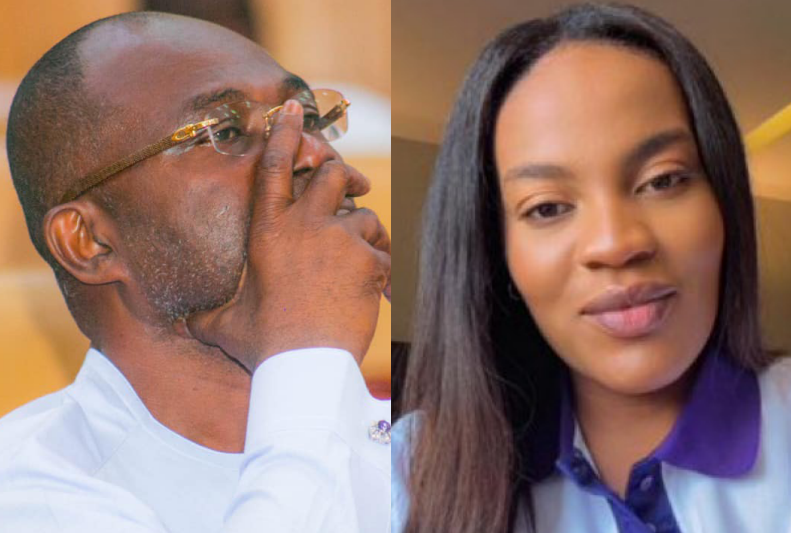Kennedy Agyapong’s recent pronouncements against Dr. Mahamudu Bawumia’s potential candidacy for the New Patriotic Party (NPP) leadership in the 2028 elections have ignited a firestorm of controversy within the party. Agyapong, the former MP for Assin Central, publicly rejected the idea of Bawumia leading the NPP again, citing the Vice President’s significant loss in the 2024 general elections. This bold stance has drawn sharp criticism from various factions within the NPP, who accuse Agyapong of sowing discord and prioritizing personal ambitions over the party’s unity and future prospects.
Agyapong’s argument hinges on historical precedent within the NPP. He points to the case of Professor Adu Boahen, the party’s 1992 presidential candidate, who was not given another chance after his electoral defeat. He contrasts this with the trajectories of former Presidents John Kufuor and Nana Akufo-Addo, both of whom contested multiple times. However, Agyapong emphasizes that both Kufuor and Akufo-Addo demonstrated strong performances in their initial attempts, justifying their subsequent bids. He questions how Bawumia, having lost by a substantial margin of over two million votes, could be considered for another leadership opportunity. Agyapong asserts that his position reflects the will of the people, claiming that Ghanaians are ready to embrace his leadership.
However, Agyapong’s critics within the NPP have vehemently rejected his reasoning and questioned his motives. They argue that his own failure to secure re-election in his Assin Central constituency significantly undermines his credibility and authority to dictate the party’s direction. They dismiss his critique of Bawumia as opportunistic, highlighting Agyapong’s inability to even maintain his own political foothold. These detractors perceive Agyapong as a political lightweight, more concerned with advancing his personal ambitions than contributing to the party’s collective progress.
The controversy surrounding Agyapong’s comments exposes deeper fissures within the NPP following its electoral setback in 2024. The party is grappling with questions of leadership, direction, and the path forward. Agyapong’s intervention, while presented as a call for accountability and adherence to historical precedent, is seen by many as a divisive tactic to position himself as a potential leader in the post-Akufo-Addo era. His critics argue that his approach undermines party unity at a crucial juncture where introspection and collective rebuilding are paramount.
Furthermore, Agyapong’s focus on Bawumia’s electoral performance overlooks other contributing factors to the NPP’s 2024 loss. The party faces complex challenges, including economic headwinds, internal divisions, and shifting voter demographics. Reducing the analysis to Bawumia’s individual performance simplifies a multifaceted issue and potentially obstructs a more comprehensive assessment of the party’s shortcomings. A more productive approach would involve a thorough internal review, encompassing all aspects of the party’s strategy, messaging, and organization.
Despite the mounting criticism, Agyapong remains unyielding. He continues to advocate his position and portray himself as a viable alternative for the NPP’s leadership. This defiance further fuels the internal tensions and raises questions about the party’s ability to reconcile its differing viewpoints and forge a unified path forward. The NPP faces a critical challenge in navigating these internal divisions and ensuring that the pursuit of individual ambitions does not overshadow the collective goal of regaining power in the next electoral cycle. The coming months will be crucial in determining how the party addresses these challenges and chooses its next leader. The outcome will have significant implications for the NPP’s future and its ability to effectively compete in the Ghanaian political landscape.


